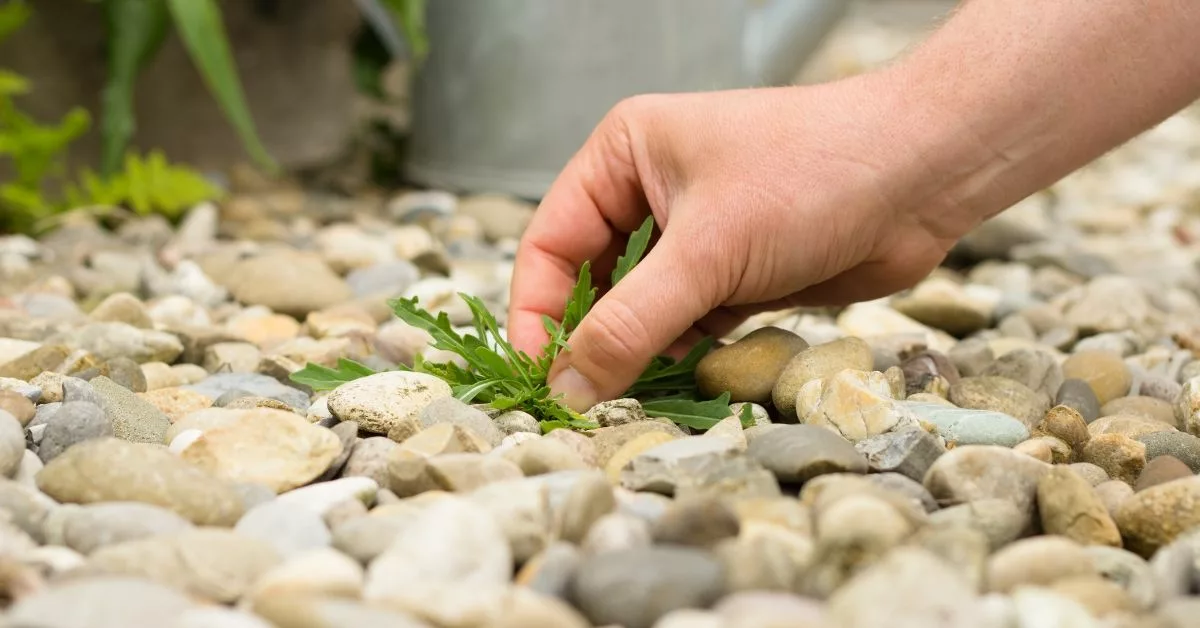Weeding is an essential aspect of garden maintenance, ensuring that unwanted plants (weeds) do not compete with your desirable plants for nutrients, water, and sunlight. Here’s everything you need to know about weeding in the UK:
Identifying Weeds:
-
Learn to Identify Weeds:
- Familiarise yourself with common weeds in your region. Recognising them early makes control more effective.
-
Annual vs Perennial Weeds:
- Understand the difference between annual and perennial weeds. Annuals germinate from seeds each year, while perennials persist from their roots.
Weeding Techniques:
-
Hand Weeding:
- Hand weeding is effective for removing individual weeds, especially in flower beds and vegetable gardens.
- Ensure you remove the entire root system to prevent regrowth.
-
Using Tools:
- Tools like hoes, weeders, and trowels can be useful for larger areas.
- Choose the right tool based on the weed type and the soil.
-
Mulching:
- Apply a layer of mulch to suppress weed growth by blocking sunlight.
- Organic mulches also improve soil structure and retain moisture.
-
Weed Fabric:
- Use weed fabric in areas where you want to prevent weed growth, like under gravel paths.
- Secure the fabric and cut holes for desired plants.
Timing and Frequency:
-
Regular Inspection:
- Regularly inspect your garden for new weed growth.
- Deal with weeds when they are small and easier to control.
-
Early Spring Weeding:
- Begin weeding in early spring when weeds are actively growing but before they flower and set seeds.
-
Autumn Weeding:
- Autumn weeding can prevent weeds from overwintering and emerging vigorously in spring.
Preventing Weed Spread:
-
Dispose of Weeds Properly:
- Dispose of weeds properly to prevent them from reseeding or spreading. Avoid composting weeds that have gone to seed.
-
Watch for Invasive Weeds:
- Keep an eye out for invasive weeds and act promptly to prevent them from establishing.
Chemical Control (if necessary):
-
Selective Herbicides:
- Consider selective herbicides for lawns that target broadleaf weeds without harming grass.
- Follow label instructions carefully.
-
Non-chemical Alternatives:
- Choose non-chemical alternatives whenever possible.
- Boiling water, vinegar, or salt solutions can be effective for some weeds.
General Tips:
-
Protect Desirable Plants:
- Use care when weeding around desirable plants to avoid damaging their roots.
- Mulch around plants to create a weed barrier.
-
Consistency is Key:
- Regular and consistent weeding is more effective than occasional, intensive efforts.
-
Be Patient:
- Weeding is an ongoing process. Be patient, and over time, you’ll reduce the weed population.
-
Gloves and Protective Clothing:
- Wear gloves and protective clothing, especially if handling potentially harmful weeds.
-
Educate Yourself:
- Continue learning about weeds, their life cycles, and effective control methods.
By adopting a proactive approach to weed control and integrating various methods, you can maintain a healthy and weed-free garden in the UK. Regular attention and timely action will contribute to the overall well-being of your plants and the aesthetics of your outdoor space.
